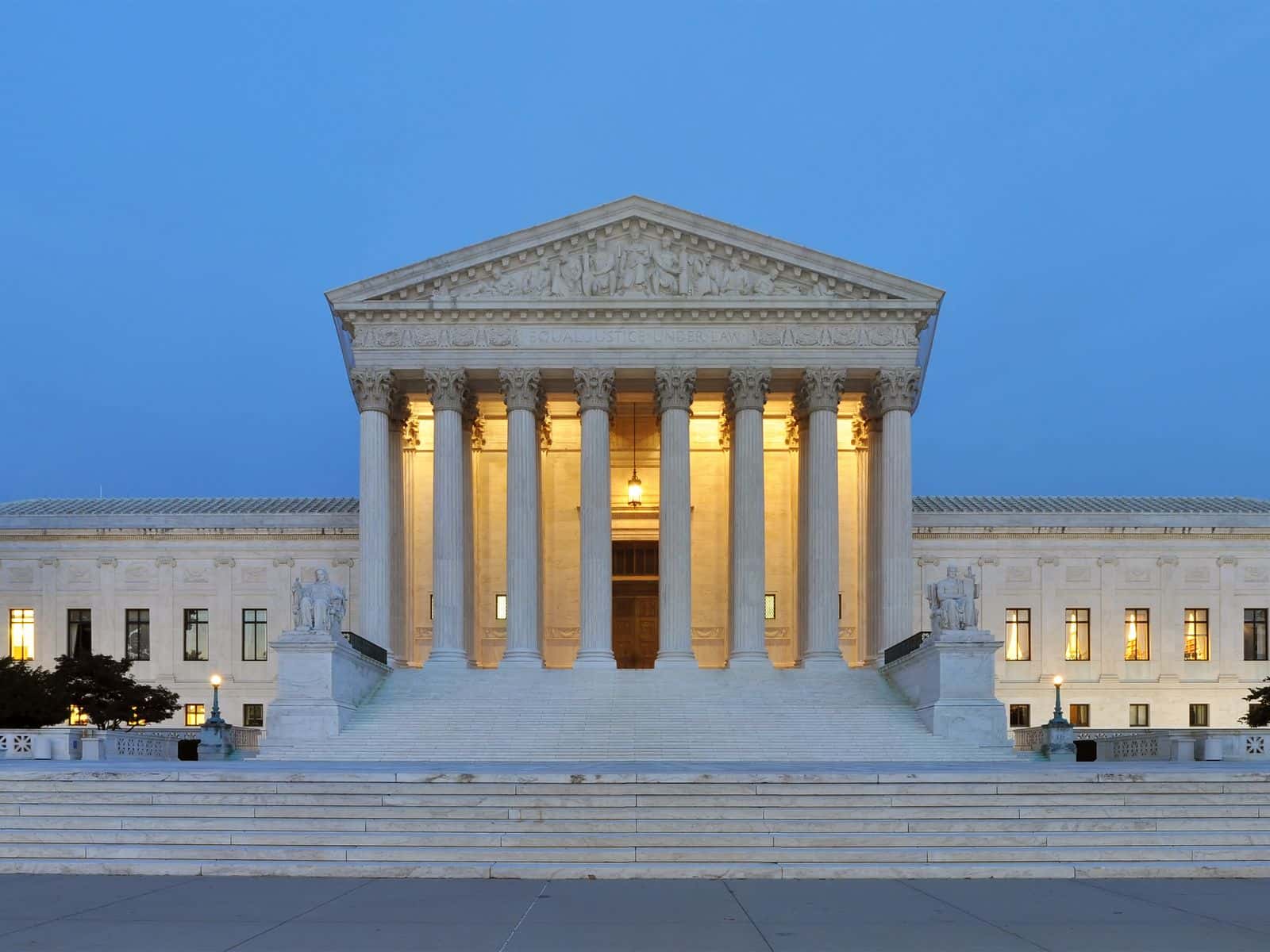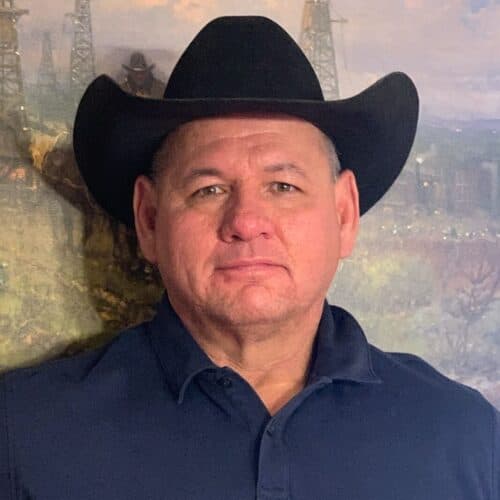Supreme Court should uphold sovereign status for Native nations in Voting Rights Act case
A North Dakota redistricting lawsuit raises whether private plaintiffs can enforce Section 2 of the Voting Rights Act through 42 USC § 1983

August marks the 60th anniversary of the Voting Rights Act of 1965. Public Law 89-110 was signed into law by President Lyndon B. Johnson on August 6, 1965. The Act is considered to be one of the most highly regarded landmark pieces of legislation regarding civil rights in the United States’ history. Section 2 of the Act prohibits state and local governments from imposing any voting policies that result in the denial or abridgement of the right of any citizen to vote based on race, color, or membership in a minority group.
The law serves as the basis for a court case that may soon be heard and decided upon by the Supreme Court of the United States, SCOTUS. The following is an excerpt describing the case:
In 2021, the Turtle Mountain Band of Chippewa Indians, the Spirit Lake Tribe, and three individual Native American voters filed a lawsuit against North Dakota’s Secretary of State. They claimed that the state's 2021 redistricting plan diluted Native American voting strength, violating Section 2 of the Voting Rights Act (VRA) and 42 U.S.C. § 1983.
The United States District Court for the District of North Dakota denied the Secretary's motion to dismiss, which argued that private plaintiffs lacked a cause of action under Section 2 and could not use § 1983 to enforce it. The district court allowed the case to proceed, and after a bench trial, it ruled that the 2021 redistricting map violated Section 2. The court permanently enjoined the Secretary from using the map and ordered the North Dakota Legislative Assembly to adopt a remedial map. When the Assembly failed to do so, the court imposed the plaintiffs' proposed map.
The United States Court of Appeals for the Eighth Circuit reviewed the case. The main issue was whether private plaintiffs could enforce Section 2 of the VRA through § 1983. The court held that Section 2 does not unambiguously confer an individual right enforceable under § 1983. The court emphasized that Section 2 focuses on the entities regulated (states and political subdivisions) rather than unambiguously creating individual rights. Consequently, the court vacated the district court's judgment and remanded the case with instructions to dismiss it for lack of a cause of action.
On July 24, an application for a stay in the case was presented to Justice Kavanaugh, who referred it to the Supreme Court of the United States (SCOTUS) and granted it. The mandate of the Eighth Circuit Court of Appeals case number 23-3655 was suspended pending further action and possible action.
It has been strongly noted in the media that Justices Clarence Thomas, Samuel Alito, and Neil Gorsuch would have denied the application.
As stated earlier, the legal question presented before the court is:
“The main issue was whether private plaintiffs could enforce Section 2 of the VRA through § 1983. The court held that Section 2 does not unambiguously confer an individual right enforceable under § 1983.”
It is easy to discern that three of the individual plaintiffs, Wesley Davis, Collette Brown, and Zachary S. King qualify as private individual plaintiffs. I applaud each of them for standing up for what is right, true, and just. Hoka! Giddihah! Miro’gaxx! Good Luck!
However, I beg to question as to how, why and if the tribal governing bodies known as “Tribes” should have gotten directly involved or granted any legal standing in the case. Treaty Tribes, are supposed to be separate, sovereign and on at least an equal footing with states. Most, if not all of us in the Great Plains are Treaty Tribes.
As a reminder, the U.S. Supreme Court states that “in 2021, the Turtle Mountain Band of Chippewa Indians, the Spirit Lake Tribe, and three individual Native American voters filed a lawsuit against North Dakota’s Secretary of State.”
Under this current ruling, should it stand, the “Tribes”are being reduced and classified as private entities, private corporations, or minority special interest groups. Sovereignty, however, carries significant meaning for Indian people. Whereas, private entities are not governing bodies meant to uphold the public trust.
Native nations, such as the Spirit Lake and Turtle Mountain, are political bodies that predate the formation of the United States of America. Congress also recognizes the tribes as political bodies governed by the Indian Reorganization Act of 1934.
Matse’ Ishiadz,Mi Agawa Nux Baga Etse’Gowitz

Sharing Is Caring
This article is not included in our Story Share & Care selection.
The content may only be reproduced with permission from the Indigenous Media Freedom Alliance. Please see our content sharing guidelines.
© Buffalo's Fire. All rights reserved.
Help us keep the fire burning, make a donation to Buffalo’s Fire
For everyone who cares about transparency in Native affairs: We exist to illuminate tribal government. Our work bridges the gap left by tribal-controlled media and non-Native, extractive journalism, providing the insights necessary for truly informed decision-making and a better quality of life. Because the consequences of restricted press freedom affect our communities every day, our trauma-informed reporting is rooted in a deep, firsthand expertise.
Every gift helps keep the fire burning. A monthly contribution makes the biggest impact. Cancel anytime.
Respect The Fire
At Buffalo's Fire, we value constructive dialogue that builds an informed Indian Country. To keep this space healthy, moderators will remove:
- Personal attacks, harassment, or hate speech
- Spam, misinformation, or unsolicited promotion
- Off-topic rants and excessive shouting (All Caps)
Let’s keep the fire burning with respect.






